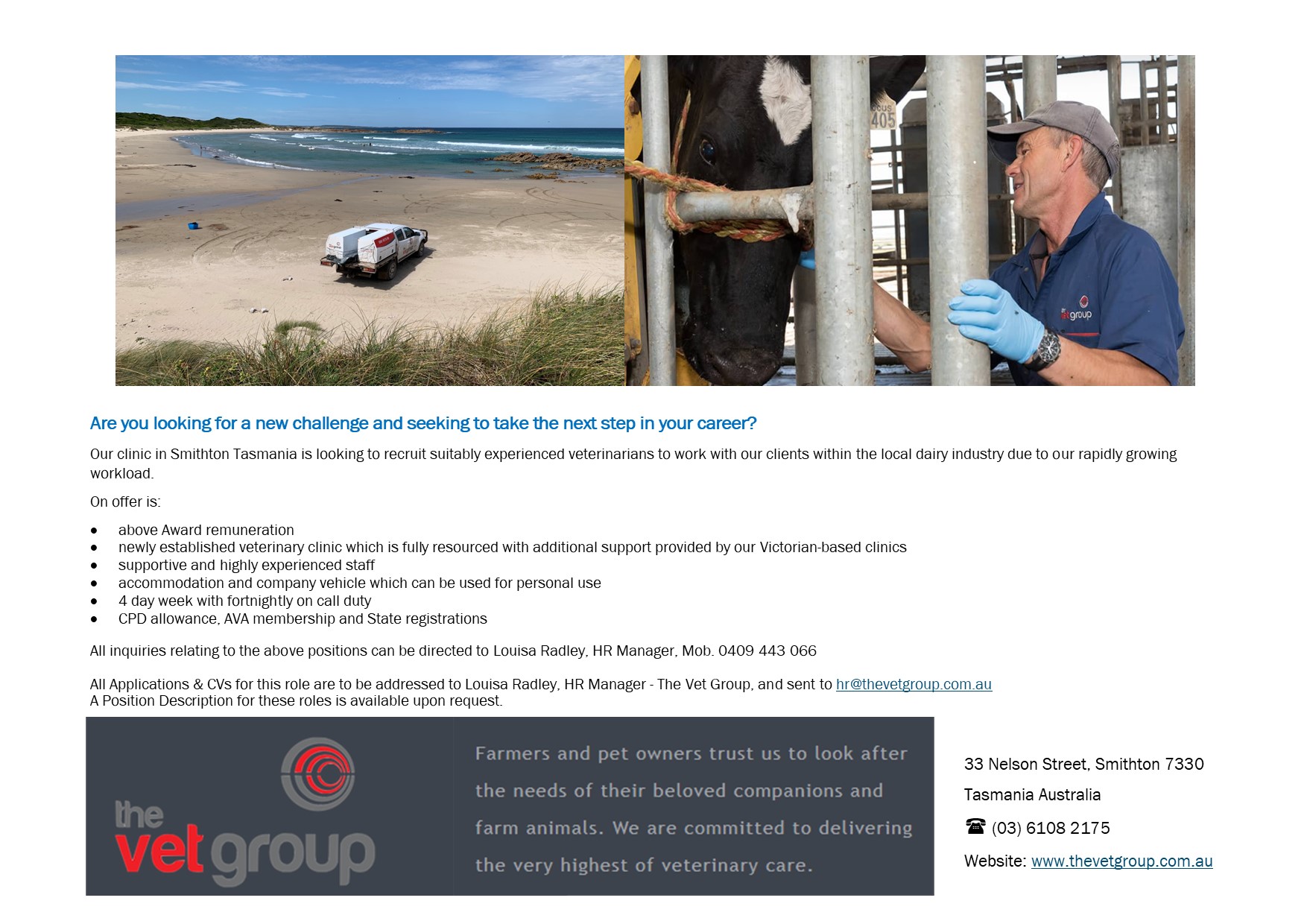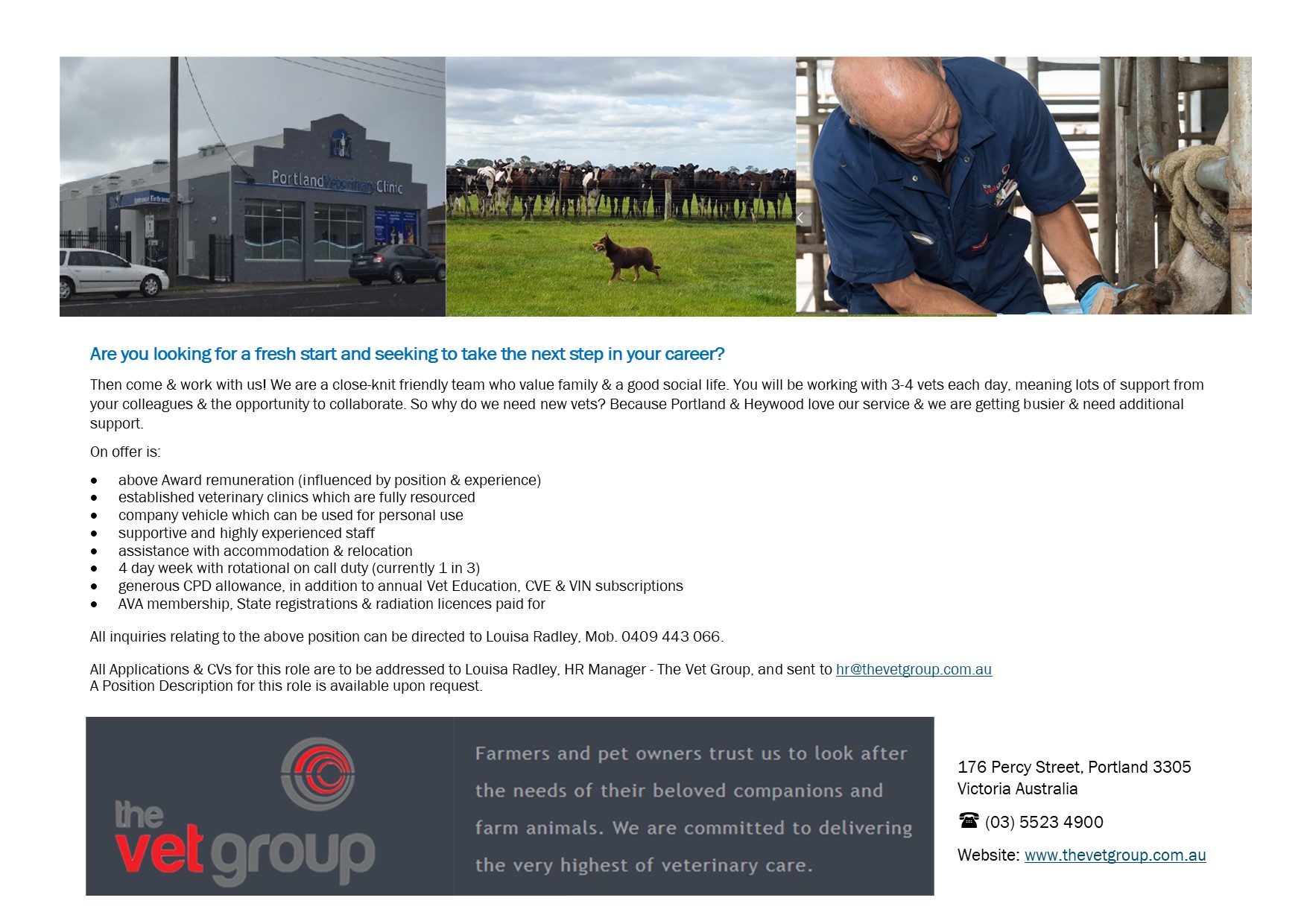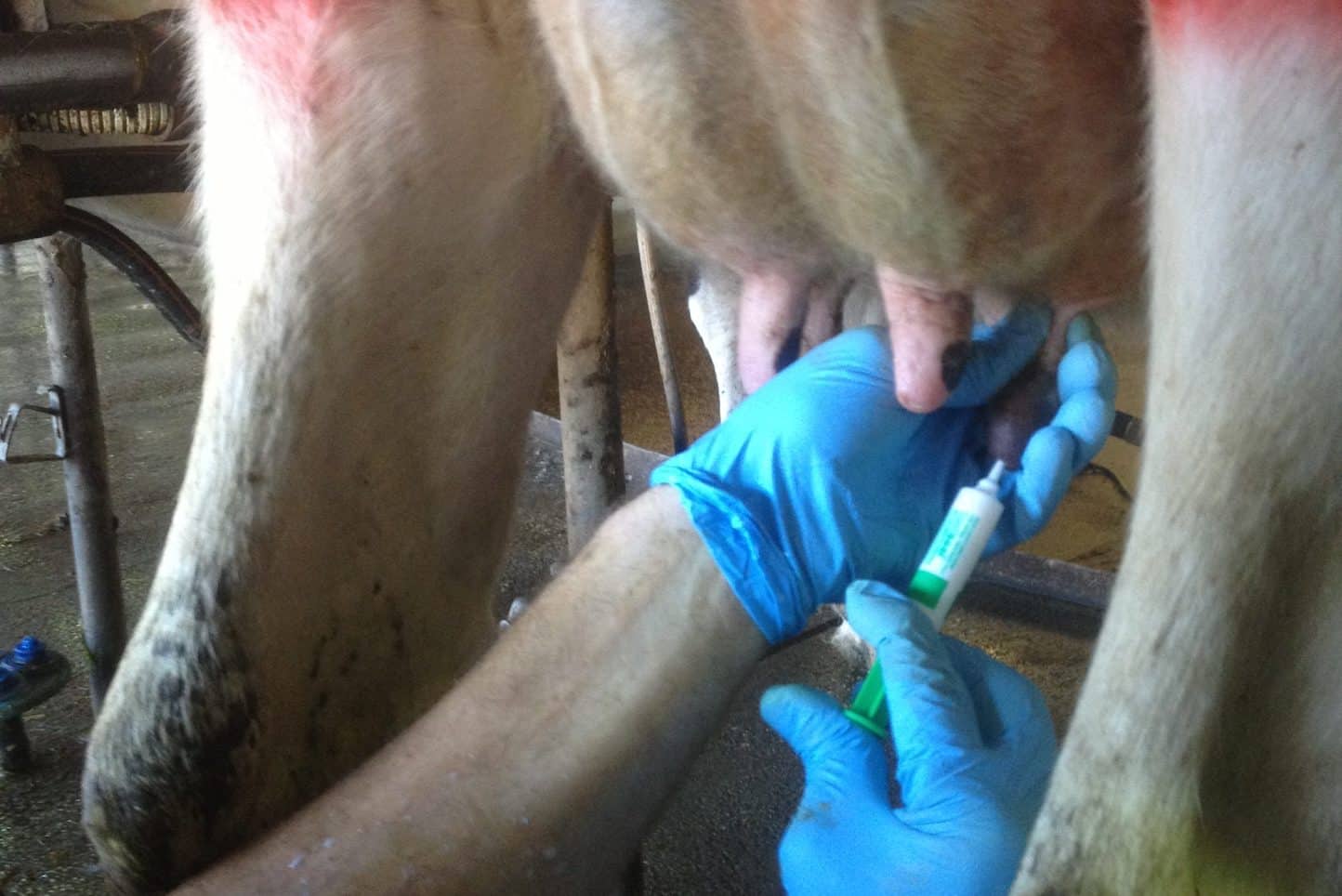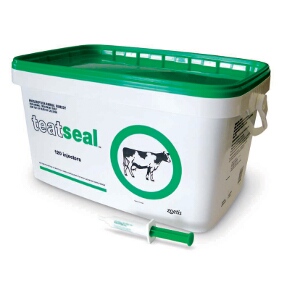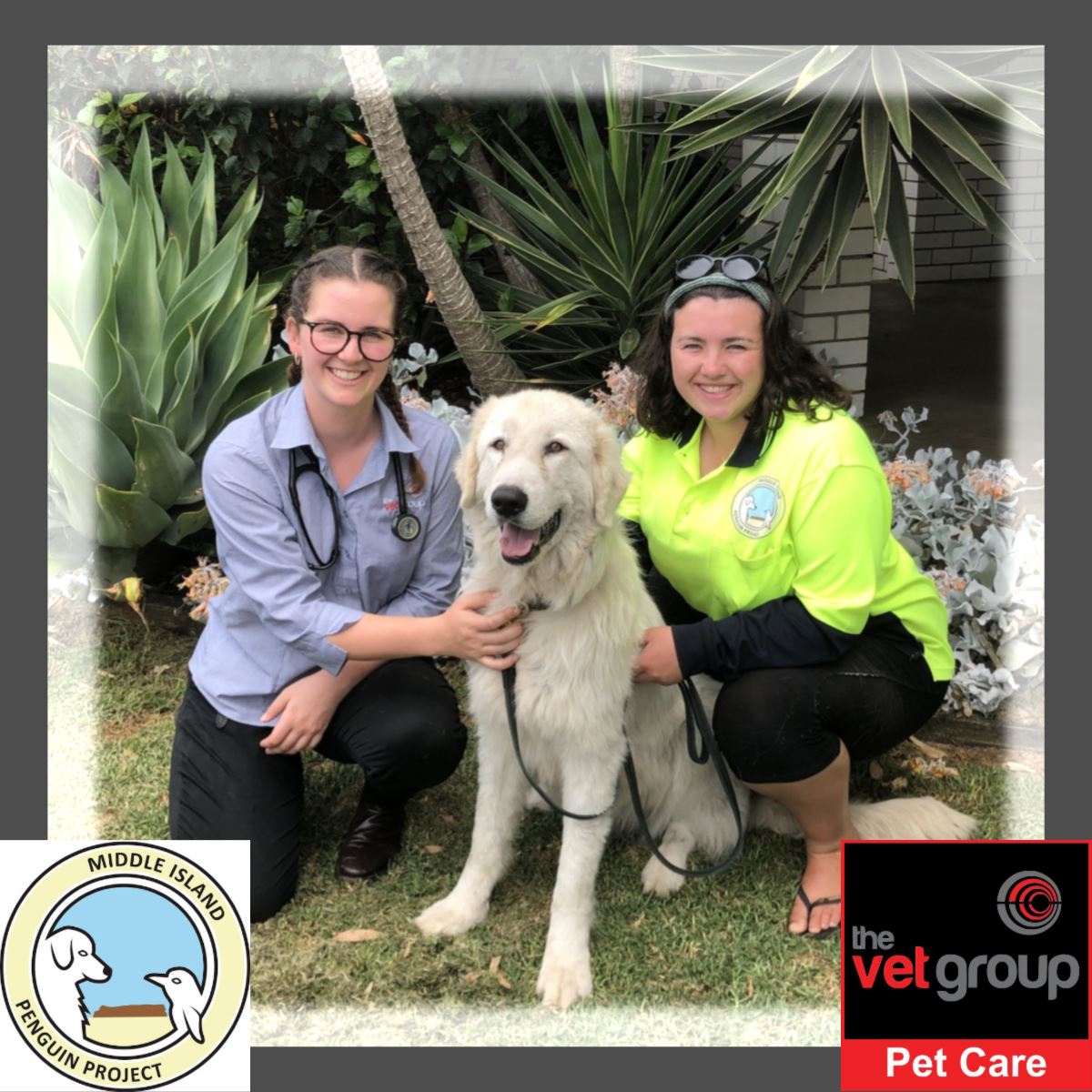This season has seen a constant presentation of snake-bitten dogs and cats to the clinic, so we thought it worth a reminder of what signs you may see in your animals when they’ve been bitten by a snake:
- An initial collapse and vomiting (sometime this is followed by apparent recovery but indicates a potentially lethal bite)
- Dilated pupils
- Purple gum colour
- Drooling and panting excessively
- Trembling
- Weak and wobbly in back legs or unable to rise
- Red or brown coloured urine
- Alternatively, your pet may develop delayed symptoms such as lethargy, vomiting and weight loss with muscle wastage
The signs above are due to the potent toxins that snakes have in their venom that damage the animal’s nerves, muscles and blood cells.
Snake bites are an emergency and dog and cats that have been bitten can deteriorate very rapidly. Dogs can die within 25 minutes of a lethal envenomation and we do see animals die on the car ride to the vets or soon after arrival at the clinic. Call the clinic ahead so that we can be prepared for when you arrive. It is vital to seek diagnosis and treatment as soon as possible if you suspect your dog or cat has been bitten by a snake.
When dogs or cats are found with a snake, the need to call the vet is obvious. However, sometime your pet may have encountered a snake out of your sight, such as when they’re exploring in long grass. Again, if your animal displays the above signs, it is better to rule visit the vets early to rule a snake bite in or out.
Dogs and cats that have been bitten by a snake can be given antivenom, and treatment success will be highest if given early. Animals also need to be hospitalised in order to receive intravenous fluids to protect their kidneys while they recover. The length of hospital stay will depend on the severity of the bite, but pets generally stay in for 4-5 days.
It’s also a good todiscuss snakebite awareness with family and farm workers and ensure everyone knows the key first aid measures (St John Ambulance information sheet available here.)
You may come up with ways to be better prepared for snake bites, such as keeping pressure bandages in the ute and making sure you always have your phone in your pocket.

